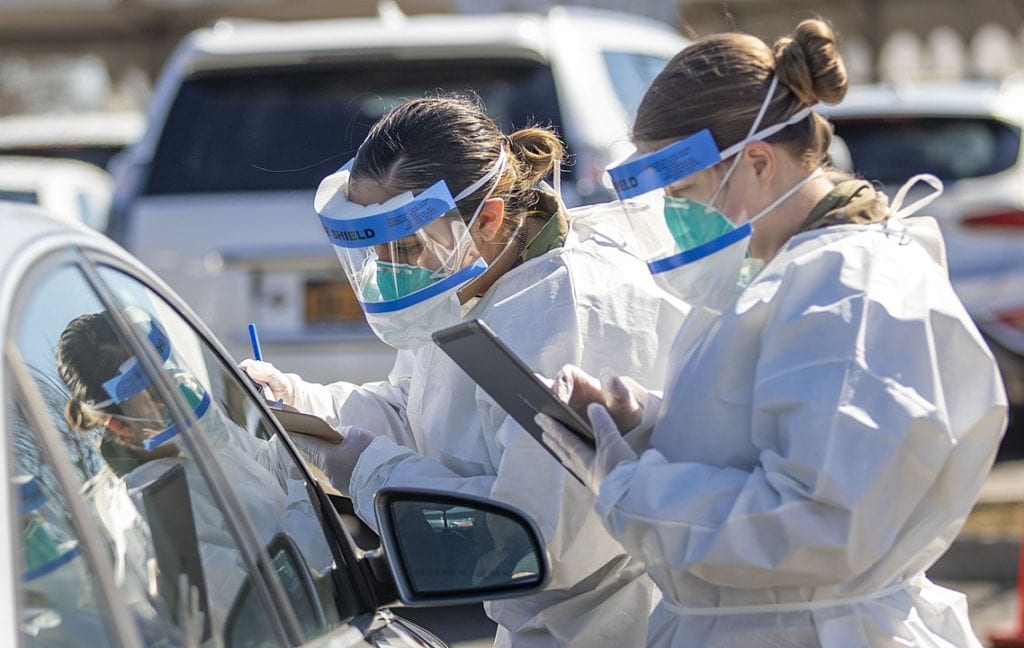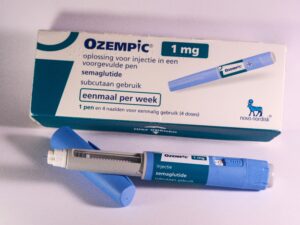Health officials in Colorado announced Tuesday, December 29, that the first confirmed case of the U.K. COVID-19 variant, known as B.1.1.7, has been reported. This variant has spread rapidly through parts of Europe, and in certain areas of the U.K., it has become the dominant strain. The Colorado man in his 20s, who is currently in isolation, has no recent travel history, which means he contracted the disease here in the U.S., raising fears among health professionals that the mutant strain, which appears to be much more contagious, may already be gaining a foothold in this country.
Professor Wendy Barclay, head of the Department of Infectious Disease, Imperial College London, said, “SARS-CoV-2 is an RNA virus, and mutations are expected to occur as it replicates. Some variants with changes in the spike protein have already been observed as the virus is intensely sequenced here in the U.K. and around the world.” There have been some 4,000 mutations in the SARS-CoV-2 virus since it was discovered in 2019. Fortunately, none of the mutations, including the ones in the B.1.1.7 variant, have increased the virulence of the novel pathogen.
Scientists are still not sure what caused the mutations. Some researchers have posited that critically ill patients treated with experimental therapies such as convalescent plasma, monoclonal antibodies, and antivirals may be the source of the genetic changes in the virus. The virus has more opportunities to replicate, increasing the odds for mutations, when a person is ill for an extended length of time. The consistent use of these therapies may cause the virus to adapt to its environment and to evolve to escape being destroyed.
Ravindra Gupta, a virologist at the University of Cambridge, said, “Some of these people who are chronically infected have some quite big shifts in the virus. Some are immune-suppressed. Some of them have had convalescent plasma. Some of them have had [the antiviral] Remdesivir.”
Two more variants, similar to the U.K. variant, have been discovered in South Africa and Nigeria. These developments compound the concerns about the current vaccine campaign in the U.S., which some public health officials say is going too slowly. According to data from the Centers for Disease Control and Prevention (CDC), since the first batch of vaccines rolled out on December 14, the Trump administration has shipped more than 11 million doses of the two available COVID-19 vaccines, however, just slightly over 2.1 million people have received a shot.
In press interviews earlier this month, Moncef Slaoui, the Chief Advisor for the vaccine development and distribution effort known as Operation Warp Speed, promised that 20 million Americans would be inoculated against COVID-19 by the end of December.
Michael Pratt, Chief Communications Officer for Operation Warp Speed, contended that the vaccine rollout is mostly “on schedule.” He claimed that the numbers Slaoui announced referred only to the number of available doses, not the number of vaccinations projected for December.
“Operation Warp Speed remains on track to have approximately 40 million doses of vaccine and allocate 20 million doses for first vaccinations by the end of December 2020, with distribution of the 20 million first doses spanning into the first week of January as states place orders for them.”
However, the New York Times compiled data that reveals most states have administered a mere fraction of the doses that they have received thus far.
Anthony Fauci, Director of the National Institute of Allergy and Infectious Diseases, stated in a television interview, “We are below where we want to be. Not being responsible myself for the rollout, I can’t personally guarantee that we’re going to catch up. I hope we do.”
Former CDC director Tom Frieden blames Operation Warp Speed leadership for the delays, particularly General Gus Perna, who is leading the vaccine distribution effort but has no previous experience in distributing vaccines.
“What happens when a vaccination program is run as a logistics program by White House appointees with zero experience with vaccination? Doesn’t start well,” said Frieden.
Health experts say that the longer the virus circulates, the more likely mutations will continue, some of which may render current vaccines useless, or evolve into a more deadly strain.










